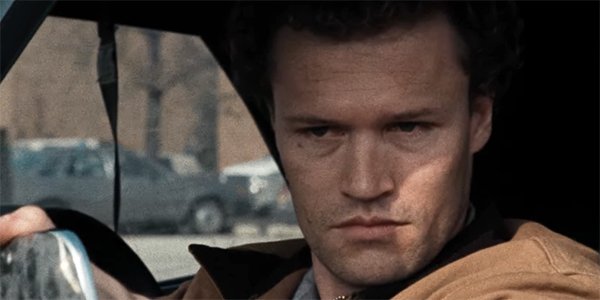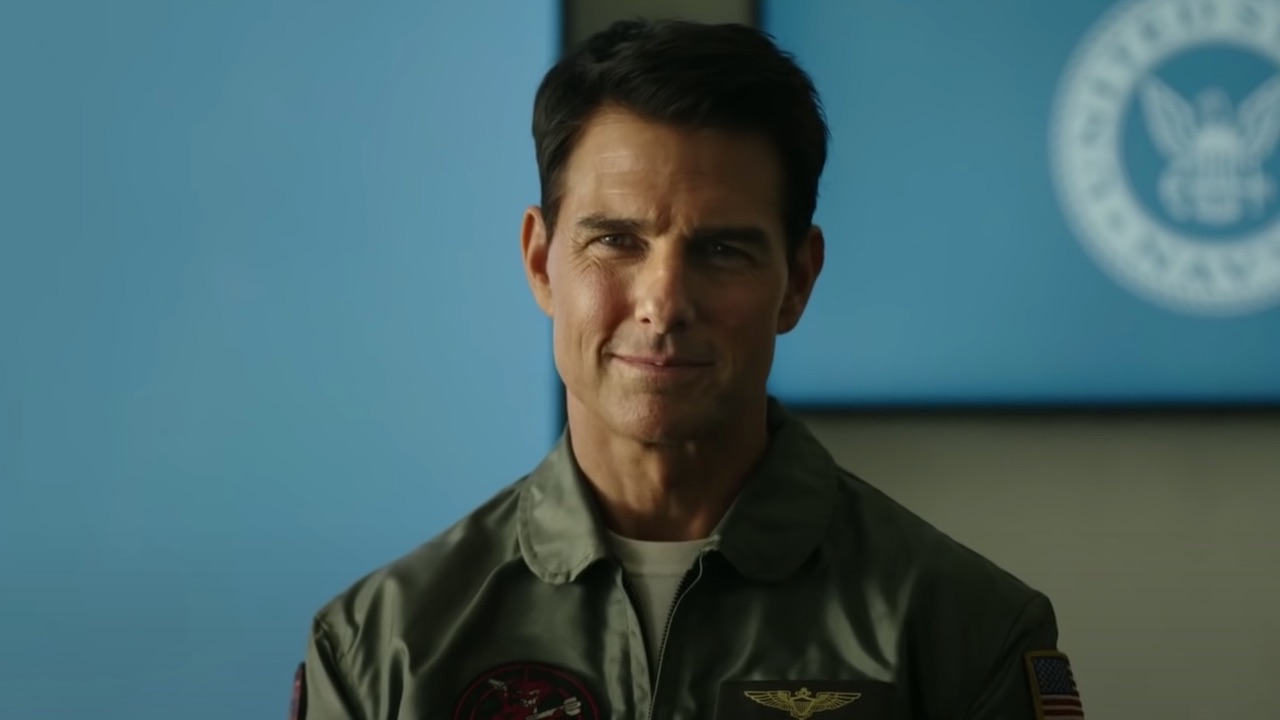Extremely Wicked: How Accurate Was Zac Efron's Ted Bundy Biopic?
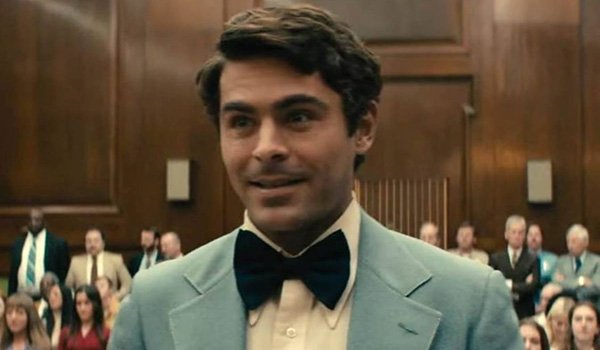
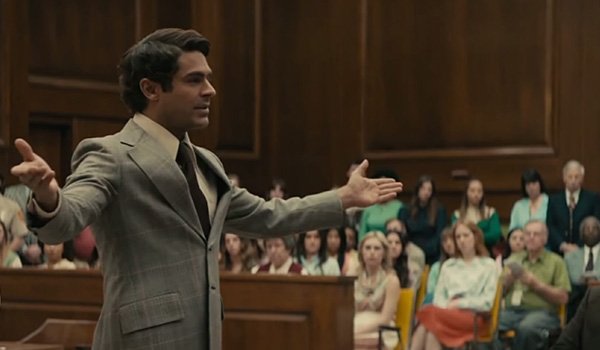
True crime is one of the hottest genres in media today. All manner of podcasts, TV shows, movies, books, and more are being created faster than Buffalo Bill could lower a bucket into a hole. Netflix has been especially keen to pump out serial killer content, with shows like Mindhunter and documentaries like Conversations with a Killer: The Ted Bundy Tapes hitting the service. The latter preceded a biopic about Ted Bundy called Extremely Wicked, Shockingly Evil and Vile, which starred Zac Efron as the serial killer.
With all the true crime stories being turned into movies, it’s important to take a look at them and determine how accurate the films are. So, how accurate is Extremely Wicked, Shockingly Evil and Vile? Well, it is actually pretty accurate, despite the criticism it has faced for various other reasons.
Most of the criticism of Extremely Wicked, Shockingly Evil and Vile, comes down to the way the story was told. Critics say that it’s too soft on Ted Bundy and too much of a love story. It kind of makes Bundy into an anti-hero when in reality there was nothing redeeming about him. He was, as the judge at his sentencing called him and the producers named the film from, "extremely wicked, shockingly evil and vile."
While it is true the movie doesn’t explicitly show his gruesome murders or his ability to lure young women into his car and later brutally murder them, it is a fairly accurate account of his longtime romantic relationship with Elizabeth Kloepfer, played by Lily Collins. The movie is based on her out-of-print memoir published in 1981, soon after Ted Bundy went to jail.
Lily Collins and the rest of the cast, especially Zac Efron, deserve high praise for their performances. Whatever flaws there are in the approach to Bundy and Collins’ lives in the movie, the acting performances are excellent.
So, putting aside the approach to the story and the angle taken by director Joe Berlinger, how accurate is the movie, factually? Let’s take a look.
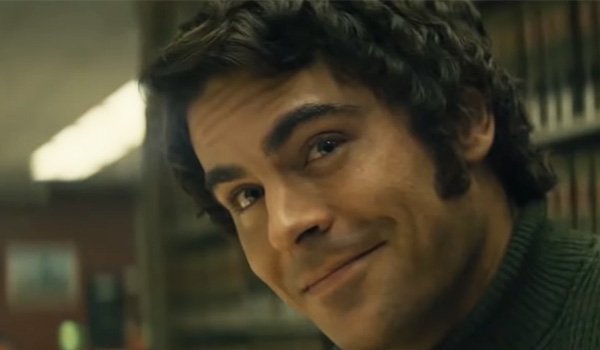
Zac Efron Was The Right Choice To Play Ted Bundy
Yes, not only did Zac Efron do a wonderful job playing the creep, he also fits the character. Ted Bundy was a very good looking man, like Efron. Part of the shock of Bundy murders and subsequent trials was that Bundy was a handsome, intelligent, and otherwise “normal” member of society. He was as far from the serial killer stereotype as you could get at the time.
Your Daily Blend of Entertainment News
Bundy was not a creepy birthday party clown like John Wayne Gacy, or a spooky shadow like the Zodiac Killer, or as bizarre as Charles Manson. Those were the serial killer archetypes at the time and Ted Bundy didn’t fit into any of those boxes, which made him that much scarier and was a big reason he gained so much notoriety. It also may be why he still commands attention today.
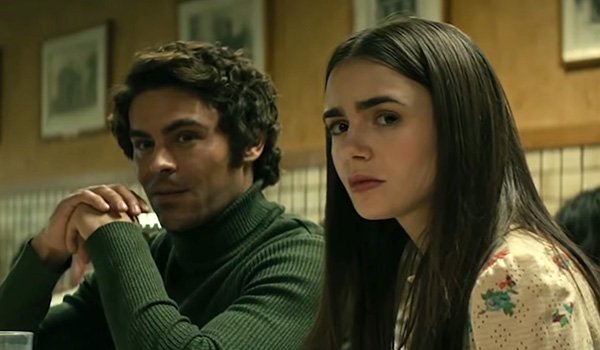
Elizabeth Kloepfer Was Far More Suspicious Of Bundy In Real Life
In the film, Kloepfer calling the police in Seattle early one when she became concerned that Ted Bundy might be the “Ted” that the police were looking for in connection to the Lake Sammamish murders. Where the film goes a little astray is that Elizabeth Kloepfer remained suspicious and believed he was the serial killer that he was being accused of being.
In Extremely Wicked, Shockingly Evil and Vile, Kloepfer seems to waffle back and forth between trusting and believing Ted Bundy and not trusting or believing him. In her memoirs, she discusses coping with the truth by drowning the thoughts out with heavy drinking. Her alcoholism is only a minor bit in the movie, when in reality, it consumed her throughout her time with the serial killer and during all of his trials.
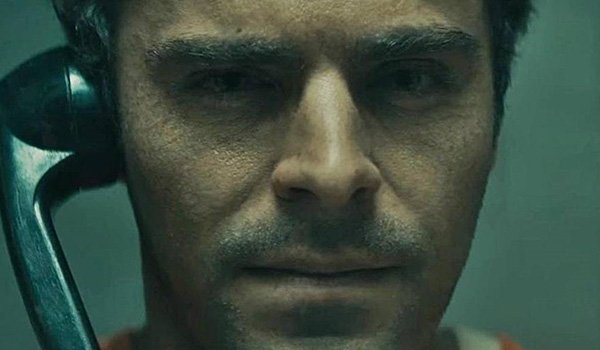
Ted Bundy Never Outright Admitted His Guilt To Liz
That last conversation between Elizabeth Kloepfer and Ted Bundy in the movie is, by far, the biggest artistic license taken by Joe Berlinger. It didn’t go down like that at all. Bundy never wrote “hacksaw” on the glass while in the visiting room with Kloepfer, nor did he directly admit his guilt during their last conversation. She begged him to admit it, but he refused. Shortly after, he was executed in the electric chair. Berlinger told USAToday,
…in this era of #MeToo accountability we wanted our female character to end the movie in a strong moment of forcing him to admit what he did. The movie is all about accountability.
So, not exactly true to the story, but the actual conversation, which Kloepfer recounted in her memoir, was close enough in Berlinger’s mind to make the artistic jump.
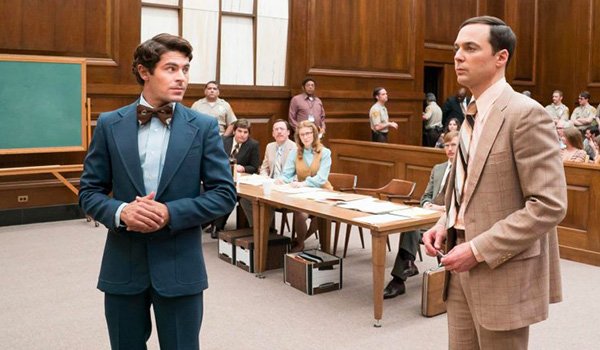
Ted Bundy Did Defend Himself In Court
The courtroom scenes are very accurate to the true story, with much of dialog coming straight from the transcripts. Ted Bundy was a former law student and he was very smart. The quote from Judge Edward Cowart, played by John Malkovich in Extremely Wicked, Shockingly Evil and Vile, did actually come from what he said at Bundy's sentencing. Take a look.
You're a bright young man. You'd have made a good lawyer and I would have loved to have you practice in front of me, but you went another way, partner. I don't feel any animosity toward you. I want you to know that.
Of course, he went on to say...
The court finds that both of these killings were indeed heinous, atrocious and cruel. And that they were extremely wicked, shockingly evil, vile and the product of a design to inflict a high degree of pain and utter indifference to human life.
... as he sent Ted Bundy to the chair.
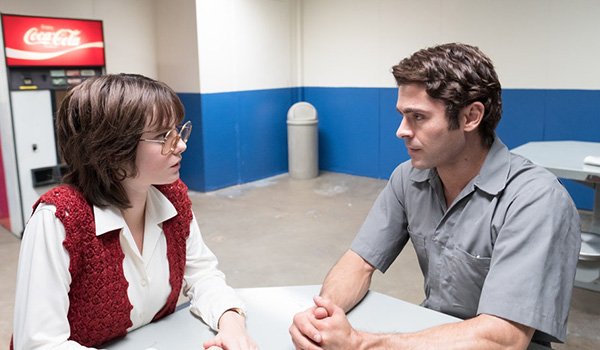
Ted Bundy Did Propose To Carole Ann Boone In Court
But it wasn’t exactly how it was portrayed in the movie. In another standard case of artistic license, Berlinger fudged this one a little bit.
Ted Bundy actually had two trials in Florida. The first, the real media circus of a trial that took place in 1979, is the one portrayed in the movie. The second one happened about six months later, in early 1980. It was at this second trial that Bundy took advantage of that obscure Florida law that allowed him to legally marry Carole Ann Boone, played in the movie by Kaya Scodelario, right there on the spot.
So, Joe Berlinger combined that part of the second trial into the first trial because it was an important part of the story, but it didn’t warrant adding the whole second trial just for that moment. Although, interestingly, technically it was the death sentence in the second trial that was carried out on Ted Bundy on January 24th, 1989.
Much of the rest of the movie is historically accurate. Ted Bundy and Liz Kloepfer did meet in a bar. Bundy did escape the courthouse in Colorado by jumping from the window. He did escape prison a second time by cutting a hole in his cell and slipping through. He did lure women into his creepy VW Beetle by faking an injury. The trial was a complete and total media circus, really the first of its kind to by widely televised. And Bundy and Carole Ann Boone really did conceive a child while he was locked up after his convictions.
Almost 40 years since he first came into the public eye, Ted Bundy continues to fascinate and terrify the public. His story is so well known that the decision to take a slightly less direct angle at the crimes was an interesting one by director Berlinger and while it doesn’t completely work in showing how much of monster Bundy really was, it is extremely historically accurate and it deserves much credit for that.
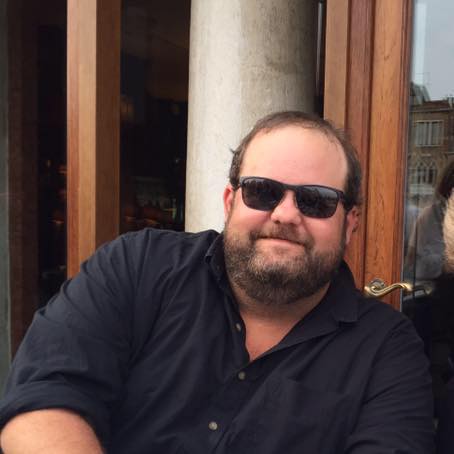
Hugh Scott is the Syndication Editor for CinemaBlend. Before CinemaBlend, he was the managing editor for Suggest.com and Gossipcop.com, covering celebrity news and debunking false gossip. He has been in the publishing industry for almost two decades, covering pop culture – movies and TV shows, especially – with a keen interest and love for Gen X culture, the older influences on it, and what it has since inspired. He graduated from Boston University with a degree in Political Science but cured himself of the desire to be a politician almost immediately after graduation.
